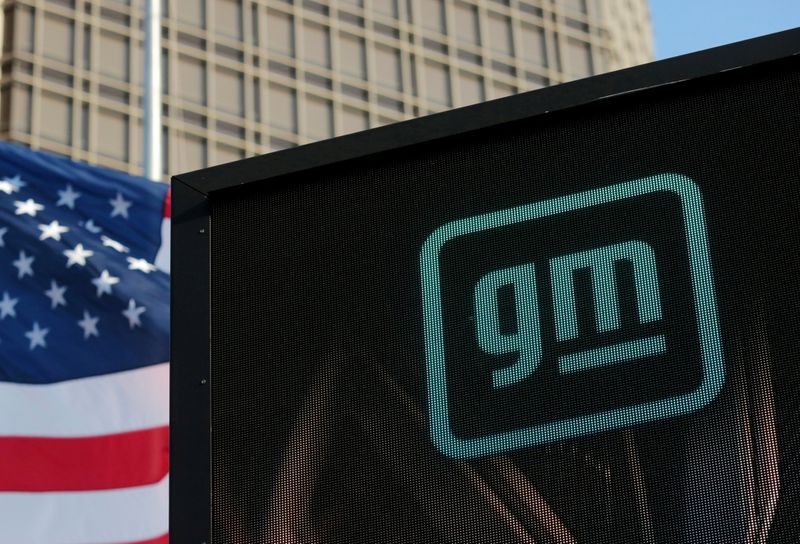This post was originally published on this site

(Reuters) -The United Auto Workers (UAW) union said on Tuesday that Chrysler parent Stellantis is seeking numerous concessions in ongoing contract talks, including cuts to existing medical coverage.
The UAW also said the company opposes an end to two-tier wages, a practice of newer workers getting paid much less than veteran workers. It said Stellantis is threatening profit sharing and not offering to build a new vehicle at a currently shuttered Illinois assembly plant.
The UAW is seeking more than 40% pay raises over four years, significant additional time off and a restoration of defined benefit pensions previously eliminated for newer workers.
The current four-year contracts with Stellantis, General Motors (NYSE:GM) and Ford Motor (NYSE:F) expire Sept. 14.
Two people briefed on the matter told Reuters automakers have estimated the UAW’s contract demands could raise the current mid-$60 per hour labor rate to more than $150 per hour.
Stellantis, which did not immediately comment, said Friday it intends “to fairly reward our represented employees for their contributions to the success of the company. However, it will be critical to find common ground that doesn’t jeopardize our ability to continue investing.”
The UAW is seeking a pay hike of more than 40% over the life of the contract, including an initial 20% hike upon ratification and four 5% annual wage hikes starting in September 2024, according to sources and a copy of the proposal.
The union wants to make all temporary workers at U.S. automakers permanent, to add a substantial increase in paid time off and to restore retiree health care benefits and cost of living adjustments. The UAW wants new limits on temporary workers and for them to receive profit sharing.
UAW President Shawn Fain, who will address the state of the talks later on Tuesday, has expressed support for a 32-hour work week, down from the traditional 40 hours.
Sources said the union wants the companies to agree to the equivalent of a paid day off per week, at a time of growing trials globally of a four-day working week.



